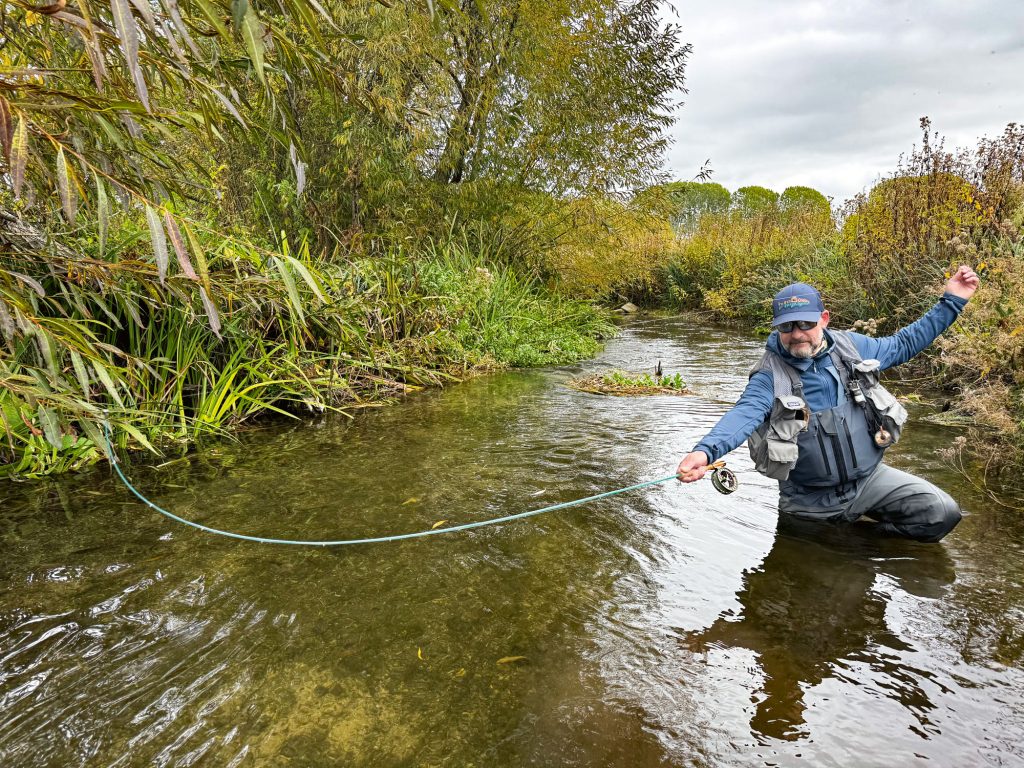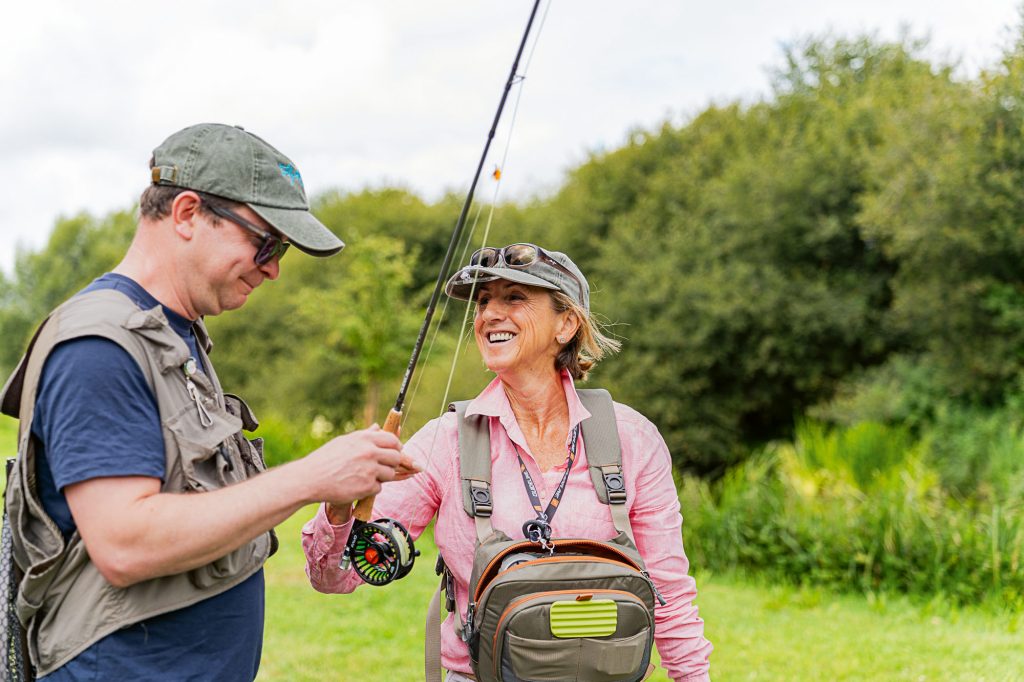A fly-fisher’s car
From our archive: how to use one’s car to meet all angling eventualities

This charming description of a car equipped for fishing, written in May 1961 by the late great Oliver Kite, contrasts markedly with the hulking 4x4s that spill their contents on to riverbanks today
THE fly-fisher’s car, if he is fortunate enough to own one, can play a valuable part in underwriting his sport and providing for his needs. There is no limit to the ways in which a car can be adapted to individual requirements but structural modifications are, perhaps, of less significance than foresight and readiness to take full advantage of available resources.
These two principles underlie the use I make of my own car.
In the dashboard are two glove lockers, one facing each front seat. I prefer to utilise these for fishing purposes and keep my gloves on the shelf which runs beneath them. The left locker always contains tactical reserves and the right one is for administrative support.
The tactical locker holds a spare tin of line grease, some new coils of fine nylon of various grades for repairing and repointing casts, a stock of dry flies and nymphs, a length of string, a pair of scissors and some transparent plastic boxes. Most of these materials are in the nature of an insurance either against forgetting to put some essential item in my fishing bag before I set out, or against loss during the course of the day.
The plastic boxes serve various purposes. They are used to take home insects and other specimens collected by the waterside for further study later, and also to hold feathers and dubbing materials picked up here and there which may come in useful for fly dressing.
The administrative locker holds a knife and fork which are changed after each fishing day. Also in regular service are the small container of mixed salt and pepper, a small bottle each of oil and vinegar, and some iron rations in the form of a tin or two of sardines, complete with opening keys.
There are also some pennies which are sometimes needed for phone calls, a tube of mustard, and a small, flat bottle of whisky to ward off chills.
This, like the oil and vinegar, may require topping up from time to time especially after unexpected duckings and providential escapes from the fierce bulls which abound in the water meadows adjoining the Wiltshire chalkstreams.
On the shelf beneath the glove lockers, I keep a pair of field glasses which are in daily use and indispensable. Also there are my sun glasses, which are less often in demand, and my maps.
In warm weather I like to park my car beneath the shade of a tree with overhanging branches, like an oak, to prevent the interior becoming excessively heated. One must beware of parking on damp or soft ground where the tyres may be unable to grip when the time comes to move off.
If I am fishing any great distance from home, I always take a spare rod in the car. What a waste of time and money it would be to pay four guineas for a day ticket on water fifty miles away and then break one’s only rod on arrival. There may be times when a warm jersey, coat or even spare dry clothes may justifiably be taken along on the back seat. A dry towel, too, can be a boon after a wetting.
Waders are easily torn on barbed wire and other snags. The ability to put this right on the spot may save one much discomfort or inconvenience. It is therefore a good plan to keep a simple puncture repair outfit in the car at all times.
In the boot I have a few dry newspapers which can be spread out to receive muddy waders and may come in handy for a variety of similar purposes. There is also a commodious spare fish bass or frail to which the catch can be transferred from time to time on a good day, thus easing the burden on the shoulders and helping to keep the fish fresh. Never try to hide fish in the herbage on the river bank. You may often get away with this successfully but sooner or later your fish will be found and pillaged by itinerant cats.
In the late summer and autumn months, around grayling time, I like to have one or two small baskets ot the punnet type with me. It is nice then to be able to bring home, in addition to a fish or two, some freshly picked mushrooms or blackberries. This is just one of many reasons why there is more to fishing than catching fish.





